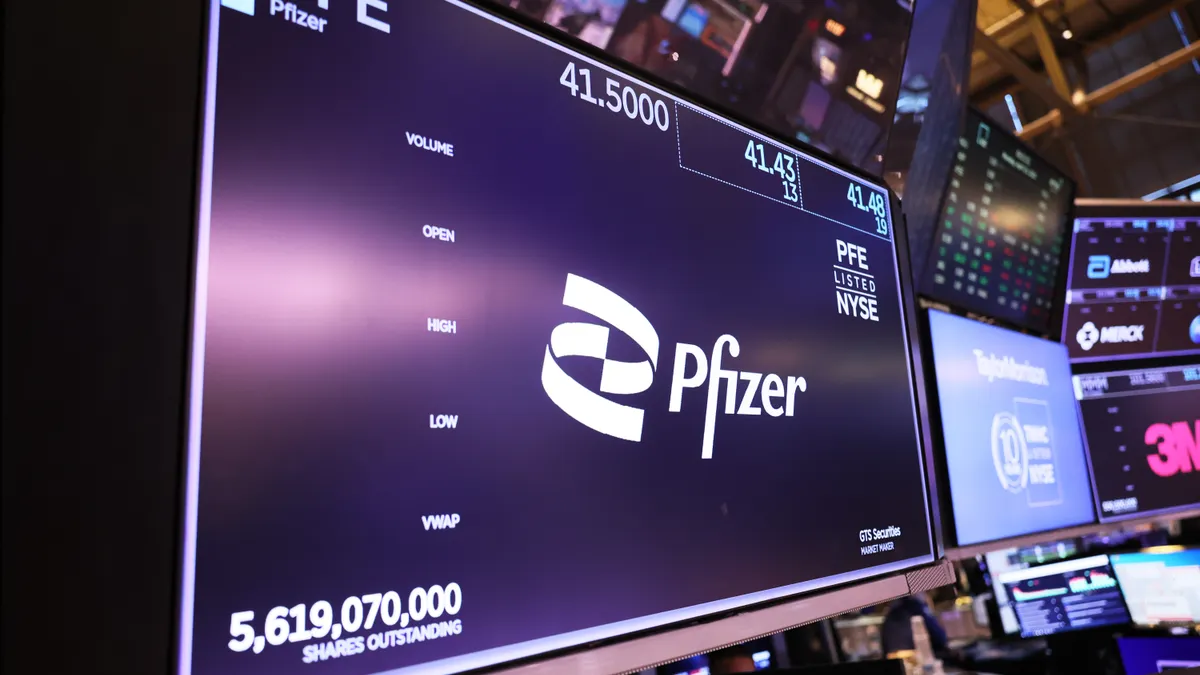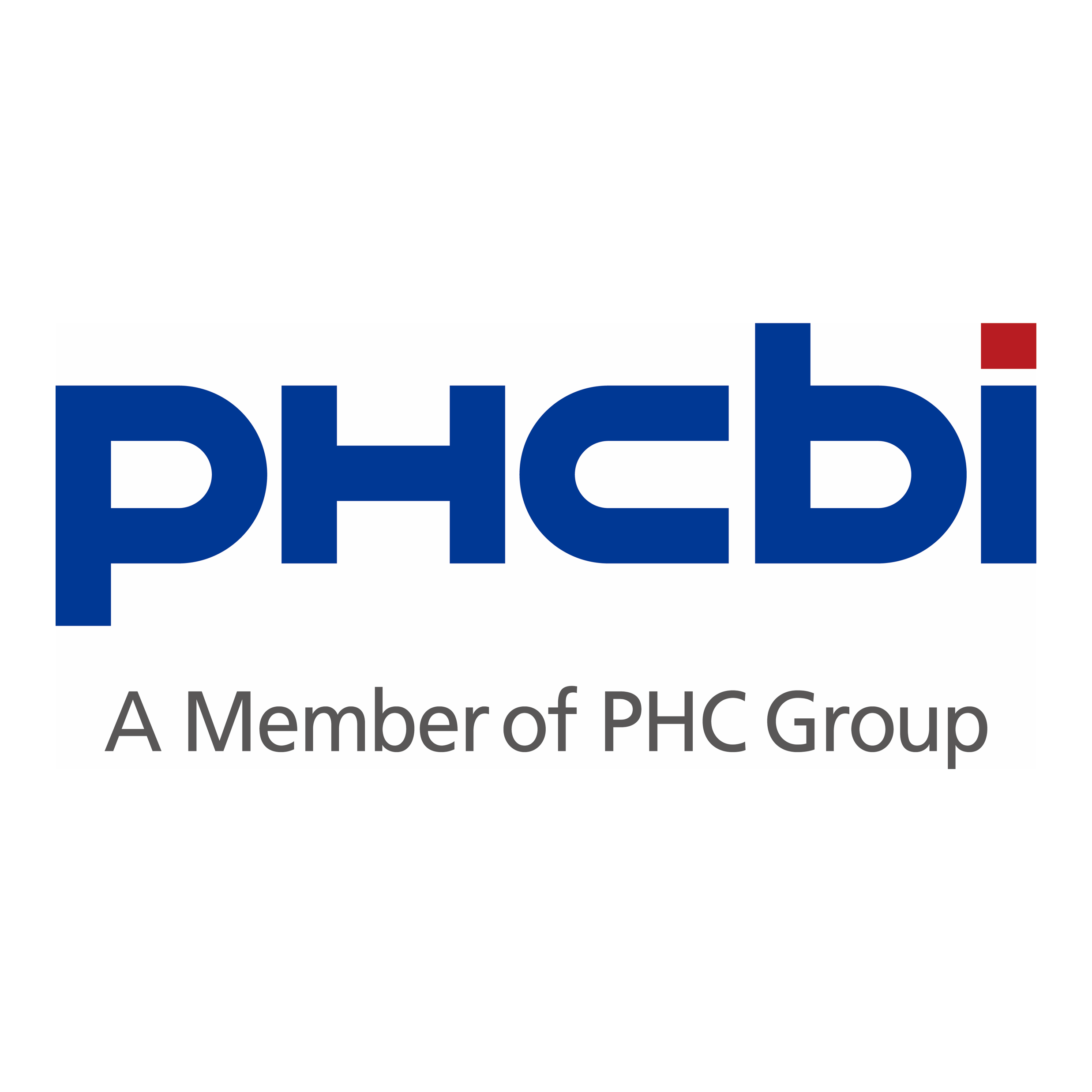Dive Brief:
- Summit Therapeutics and Pfizer on Monday said they will test an experimental Summit immunotherapy with Pfizer’s antibody drug conjugates in trials evaluating two of the sector’s most closely watched types of cancer medicines.
- Pfizer will oversee the clinical trials, which will involve Summit’s ivonescimab and multiple different Pfizer ADCs against certain solid tumors. The two companies will retain commercialization rights to their respective products, Summit said.
- According to Summit, the deal “will allow us to quickly advance beyond our promising late-stage development plan,” which already includes multiple studies in lung cancer. The companies didn’t provide specifics, but said the trials will begin in the middle of the year and aim to find “potentially landscape-changing combinations.”
Dive Insight:
Ivonescimab simultaneously binds two well-studied cancer drug targets called PD-1 and VEGF. Summit licensed the medicine from China-based Akeso in 2022 and, since then, has reported results showing the treatment bested Merck & Co.’s Keytruda in a Phase 3 lung cancer trial.
The surprise results made drugs like ivonescimab, known as PD-1/VEGF inhibitors, among the most sought after in cancer research. Several drug companies, Merck & Co. among them, have since cut deals to acquire or license such drugs, even as important questions about their benefits have yet to be answered.
Summit has a trio of late-stage trials underway in lung cancer, including one that tests ivonescimab and chemotherapy against the Keytruda-chemo combination that’s standard treatment for most lung cancer cases. The company is exploring its potential elsewhere, too, and the deal announced Monday helps Summit do that while evaluating ivonescimab alongside “some of the most innovative ADCs from Pfizer,” said co-CEOs Bob Duggan and Maky Zanganeh, in a statement.
For Pfizer, the deal provides a window into a potential immunotherapy advance. The company largely missed out on the earlier wave of “checkpoint inhibitor” drugs, first partnering and then abandoning a collaboration with Merck KGaA on Bavencio before turning to a newer prospect called sasanlimab. But it’s invested heavily in other types of cancer drugs, most notably ADCs through its $43 billion acquisition of Seagen. That investment gave the company the ADCs it’s now using in the Summit deal.
“This collaboration represents the next wave of investigational targeted combinations with the potential to transform treatment options for people living with cancer,” said Pfizer oncology early stage development head Megan O’Meara, in a statement.
Pfizer acquired three marketed ADCs — Adcetris, Padcev and Tivdak — when it acquired Seagen. But it also has some other ADCs in its cancer drug pipeline.
Shares in Summit fell by double digits in trading Monday.














